Van Data naar Inzicht
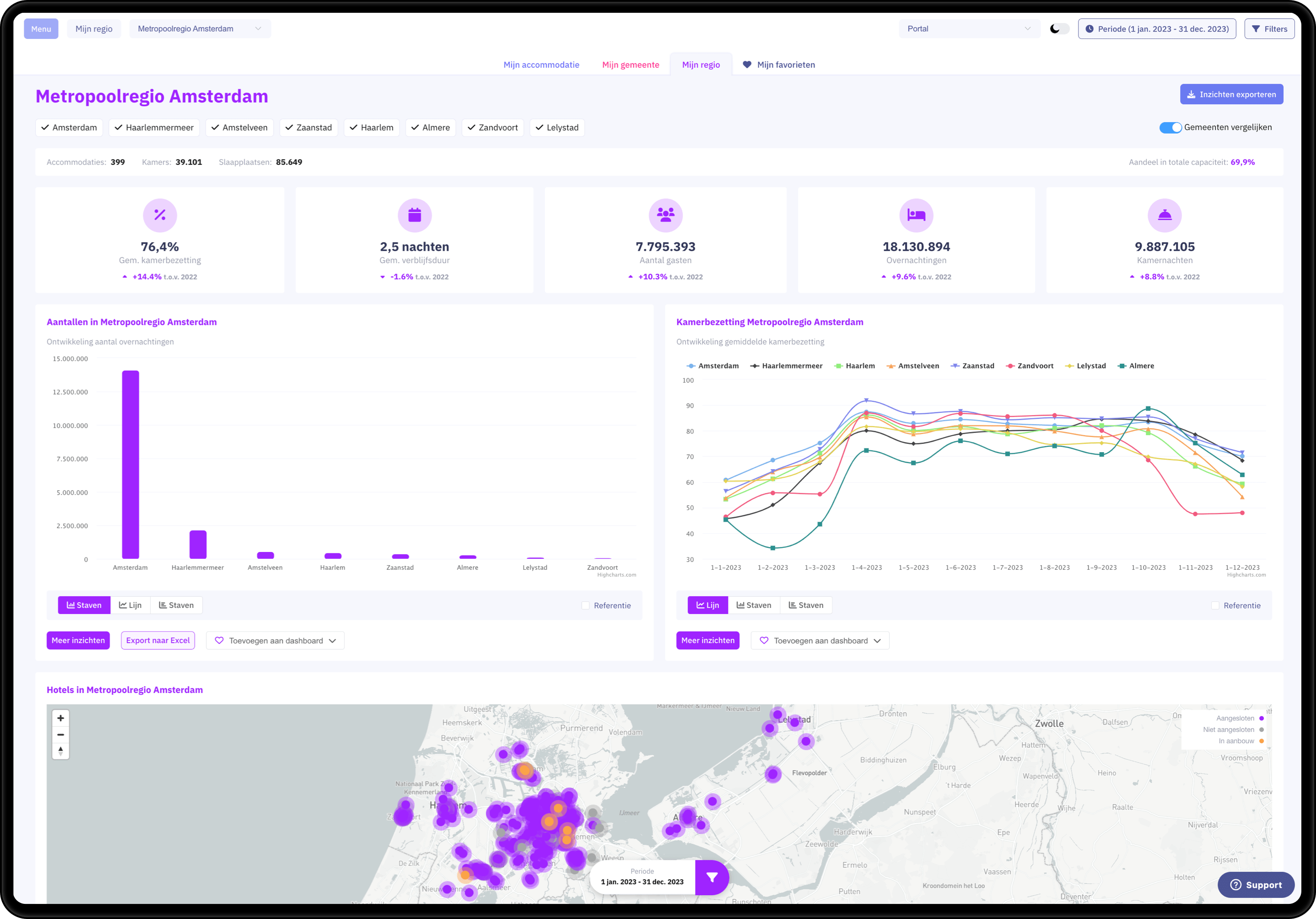
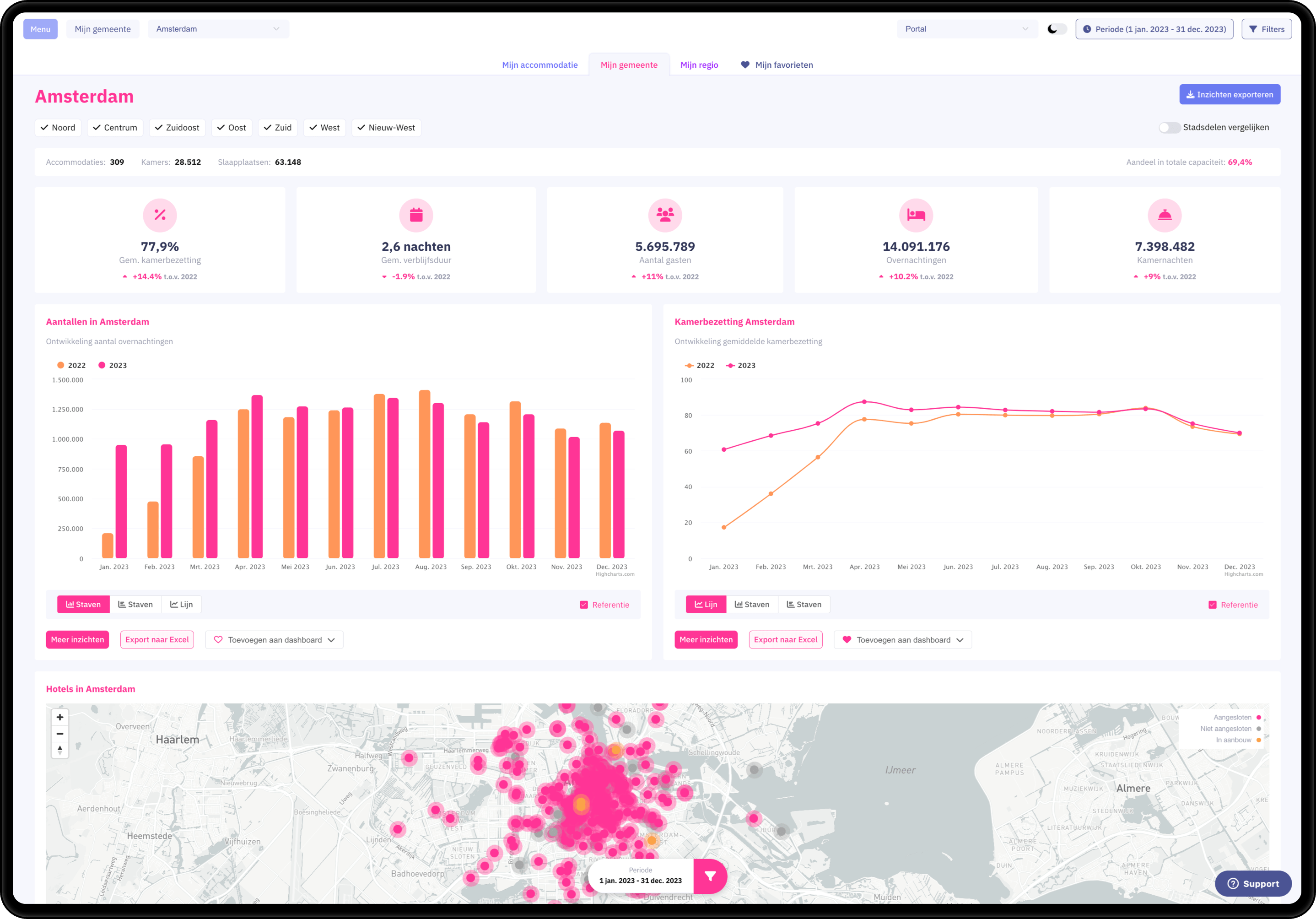
931
Aangesloten logiesaccommodaties
14.756
Verzorgde maandelijkse CBS statistieken
91833545
Verwerkte overnachtingsgegevens
24
Aangesloten gemeenten
35+
PMS integraties
1.095
Actieve gebruikers
 Inloggen
Inloggen 

Aangesloten logiesaccommodaties
Verzorgde maandelijkse CBS statistieken
Verwerkte overnachtingsgegevens
Aangesloten gemeenten
PMS integraties
Actieve gebruikers
Het digitaal nachtregister van VisitorData is een innovatief instrument dat actueel inzicht biedt in verblijfsbezoek door middel van continue dataverzameling en verwerking. Voorbeeld inzichten betreffen de ontwikkeling in de tijd van het aantal unieke gasten, gastovernachtingen en kamernachten.
Ook wordt de bezettingsgraad doorlopend inzichtelijk gemaakt alsmede de belangrijkste herkomstmarkten en periodes van verblijf. Gebruikers beschikken in de portal over diverse analyse tools en filter selecties. De verwerking van anonieme overnachtingsgegevens verloopt via automatische processen zodat het de ondernemers geen tijd kost.
Hierbij is sprake van slim hergebruik van gegevens; er wordt namelijk aangesloten op de gegevens die de logiesverstrekkers zelf verplicht bijhouden in hun eigen nachtregister. De niet-privacy gevoelige overnachtingsgegevens worden automatisch verwerkt en in het digitale nachtregister direct omgezet in waardevolle inzichten voor beleid, onderzoek, statistiek en city marketing.


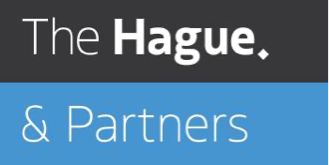


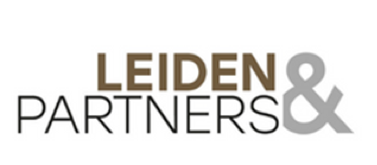

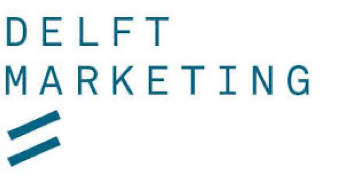

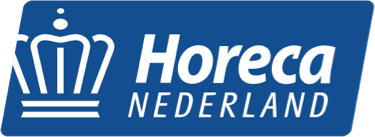


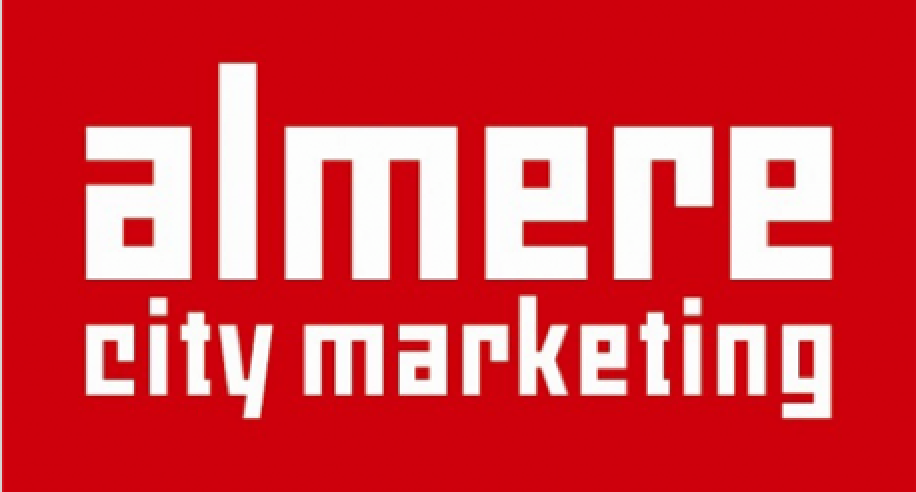


De inzichten van VisitorData zijn van hoge kwaliteit. Dit komt doordat we de data geautomatiseerd ophalen bij de bron; het systeem van de logiesverstrekker. Dit biedt twee belangrijke voordelen: er kunnen geen fouten ontstaan bij het verkeerd invullen van gegevens en het kost de logiesverstrekker geen tijd.
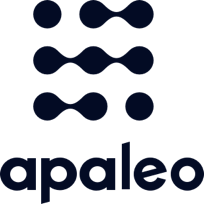
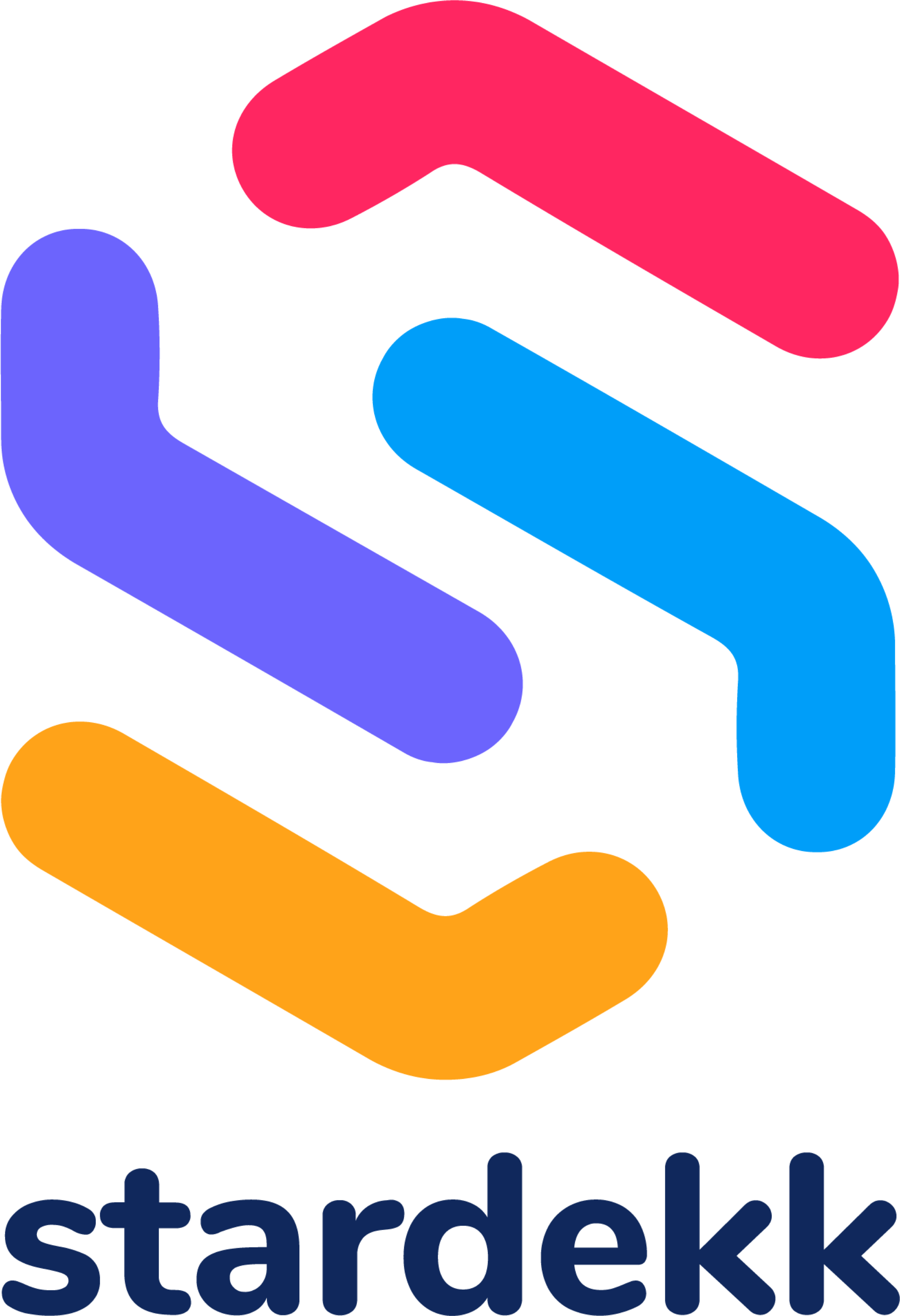


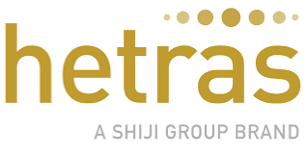







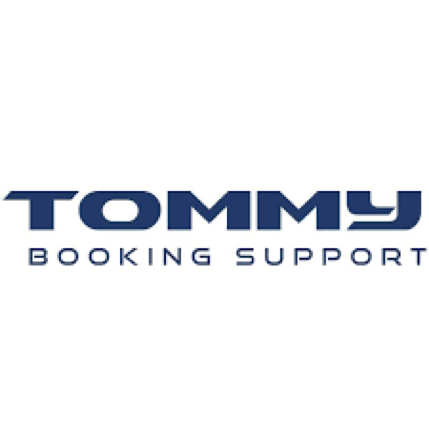


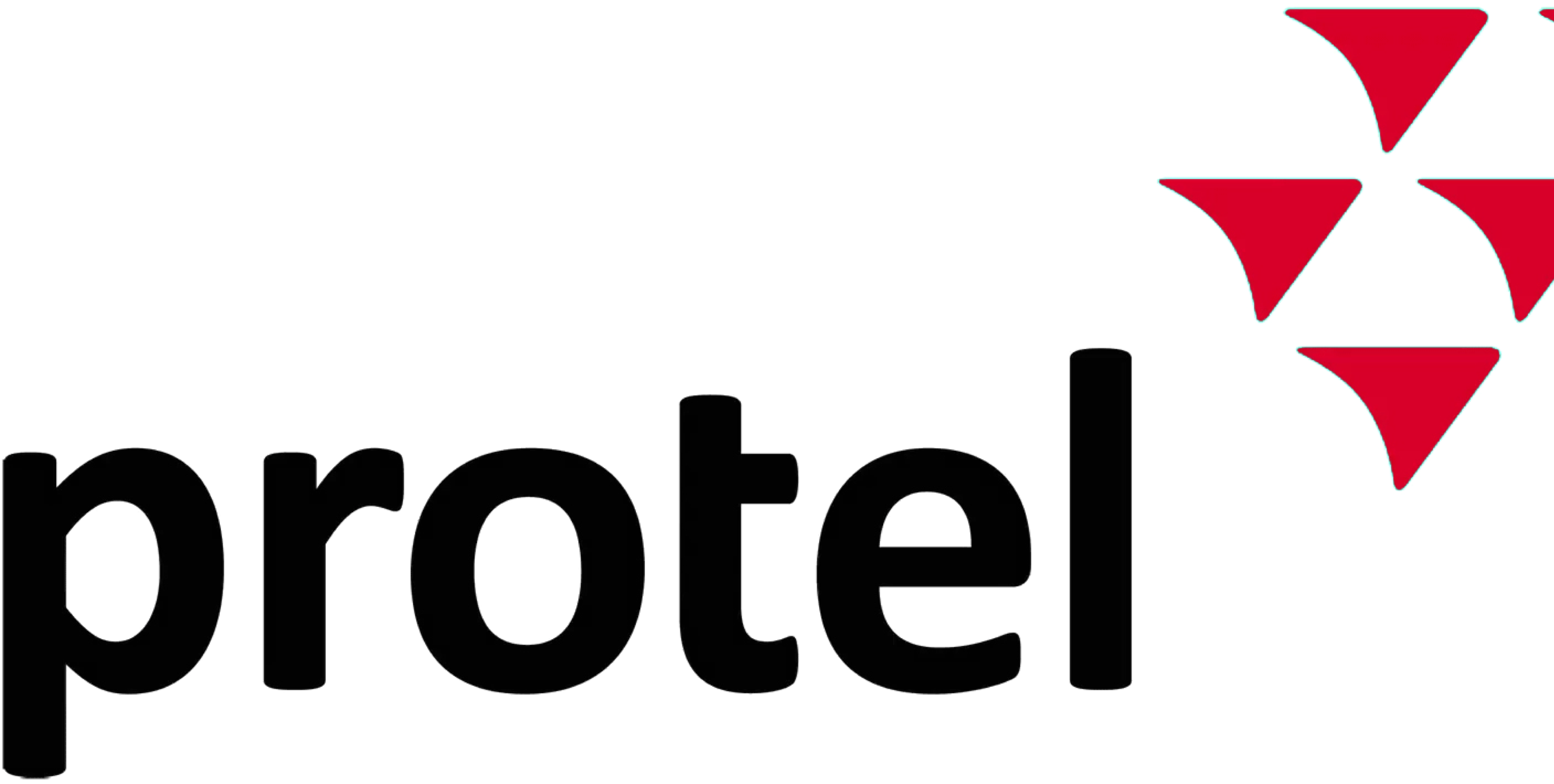

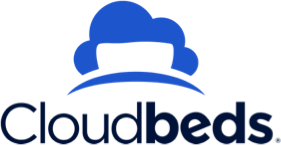
De opgehaalde ruwe data wordt vervolgens automatisch verwerkt en omgezet tot waardevolle inzichten. De inzichten zijn toegankelijk via onze portal. Elke deelnemer aan ons platform ontvangt eigen (vertrouwelijke) inlog gegevens voor toegang tot de inzichten. Hierbij wordt onderscheid gemaakt tussen verschillende typen gebruikers.
De portal bestaat uit vier onderdelen: Mijn accommodatie, Mijn gemeente, Mijn regio en Mijn favorieten. De eerste drie onderdelen laten telkens dezelfde typen inzichten zien, maar dan op verschillende niveaus. Alleen logiesverstrekkers hebben toegang tot de inzichten op het niveau van Mijn accommodatie. Voorbeelden van inzichten zijn de ontwikkeling in de tijd van de aantallen (gasten, overnachtingen, kamernachten), de bezetting, de business/leisure verdeling, de verblijfsduur en de belangrijkste herkomstmarkten. Bij elk inzicht kan worden ingezoomd voor meer gedetailleerde inzichten. Gebruikers van de portal kunnen middels diverse filteropties gedetailleerde analyses maken. Zo kan een gebruiker filteren op segment, type accommodatie, herkomst of verblijfsduur. Gebruikers kunnen zelf het tijdvak instellen en aangeven met welke referentieperiode zij de inzichten willen vergelijken.

Gemeenten en regio’s gebruiken de inzichten van het digitale nachtregister van VisitorData voor het maken en monitoren van toerisme en recreatiebeleid.
DMO’s (Destinatie Marketing Organisaties) gebruiken de inzichten voor gerichte marketing en promotie, inclusief het meten van effecten.
Aangesloten bedrijfsmatige logiesverstrekkers kunnen de inzichten gebruiken voor city en regio benchmarking in aanvulling op hun eigen managementinformatie.
Door het geautomatiseerd verzorgen van de maandelijkse statistieken, draagt VisitorData tevens bij aan het verbeteren van de CBS statistieken voor aangesloten gemeenten. Bijkomend voordeel is dat deze administratieve last kan worden weggenomen bij de logiesverstrekkers.
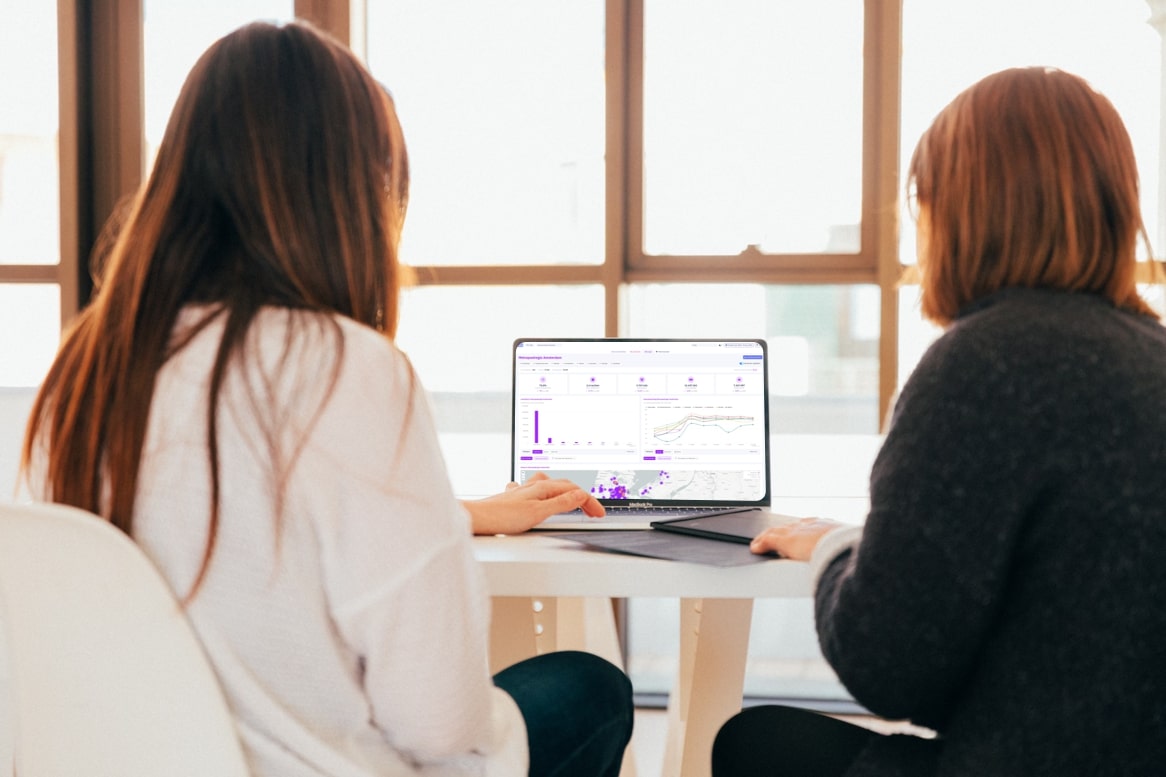
Gemeenten kunnen het digitale nachtregister van VisitorData ook inzetten als instrument voor de registratie en melding van toeristische verhuur door particulieren. Deze modules bieden een gemeente inzicht en grip op toeristische verhuur.
VisitorData komt met de gemeente een Verwerkersovereenkomst overeen, waarin de afspraken omtrent de verwerking van de adresgegevens van de particuliere verhuurders goed zijn vastgelegd. Gemeenten kunnen kiezen uit verschillende modules.
De gemeente stelt in de Huisvestingsverordening verplicht dat een registratienummer wordt aangevraagd. Dit doet de particuliere verhuurder door een account aan te maken bij het digitale nachtregister. De betreffende woning wordt aangemeld en de verhuurder ontvangt automatisch het unieke registratienummer dat verplicht moet worden vermeld bij het adverteren van de woning op platforms als Airbnb.
Indien de gemeente extra voorwaarden wil stellen aan de toeristische verhuur, dan kan dit alleen als onderdeel van vergunning voorwaarden. Denk bijvoorbeeld aan het maximeren van het aantal gasten per overnachting. De particuliere verhuurder vraagt dan via het digitale nachtregister een onttrekkingsvergunning aan, welke vervolgens volledig digitaal kan worden beoordeeld en afgehandeld door de gemeente. Indien de gemeente dit wenst, worden de leges direct afgedragen via iDEAL. Doordat alle processen volledig zijn gedigitaliseerd en op onderdelen zijn geautomatiseerd, kost dit de gemeente bijna geen capaciteit.
Bij het inloggen op de account heeft een particuliere verhuurder verschillende functionaliteiten tot zijn beschikking. Zo kunnen verhuringen worden gemeld via het slimme webformulier en is in een oogopslag inzichtelijk welke ruimte er nog is voor nieuwe verhuringen (nachtenteller). Indien van toepassing kan een particuliere verhuurder op het dashboard ook de status van de vergunning (aanvraag) zien.
Het combineren van de ingevoerde overnachtingsgegevens (verhuringen), inclusief nachtenteller en het dagelijks inzichtelijk maken van het aanbod en de activiteit van particuliere logies maken het mogelijk om geautomatiseerd handvatten te bieden aan een gemeente voor de naleving van de spelregels. Doordat de handvatten voor handhaving en het inzichtelijk maken van de werkvoorraad zijn gedigitaliseerd en op onderdelen zijn geautomatiseerd, kost het handhaven de gemeente slechts beperkte capaciteit.
Indien gewenst kan de gemeente de functionaliteit voor particuliere logies verder uitbreiden met de automatische aangifte en afdracht van toeristenbelasting. Hierbij kan de gemeente ervoor kiezen om het gehele proces te beleggen bij VisitorData, of om de inning uit te laten voeren door een belastingsamenwerking (GR). VisitorData levert dan geautomatiseerd de benodigde informatie aan de GR om de toeristenbelasting te kunnen innen.

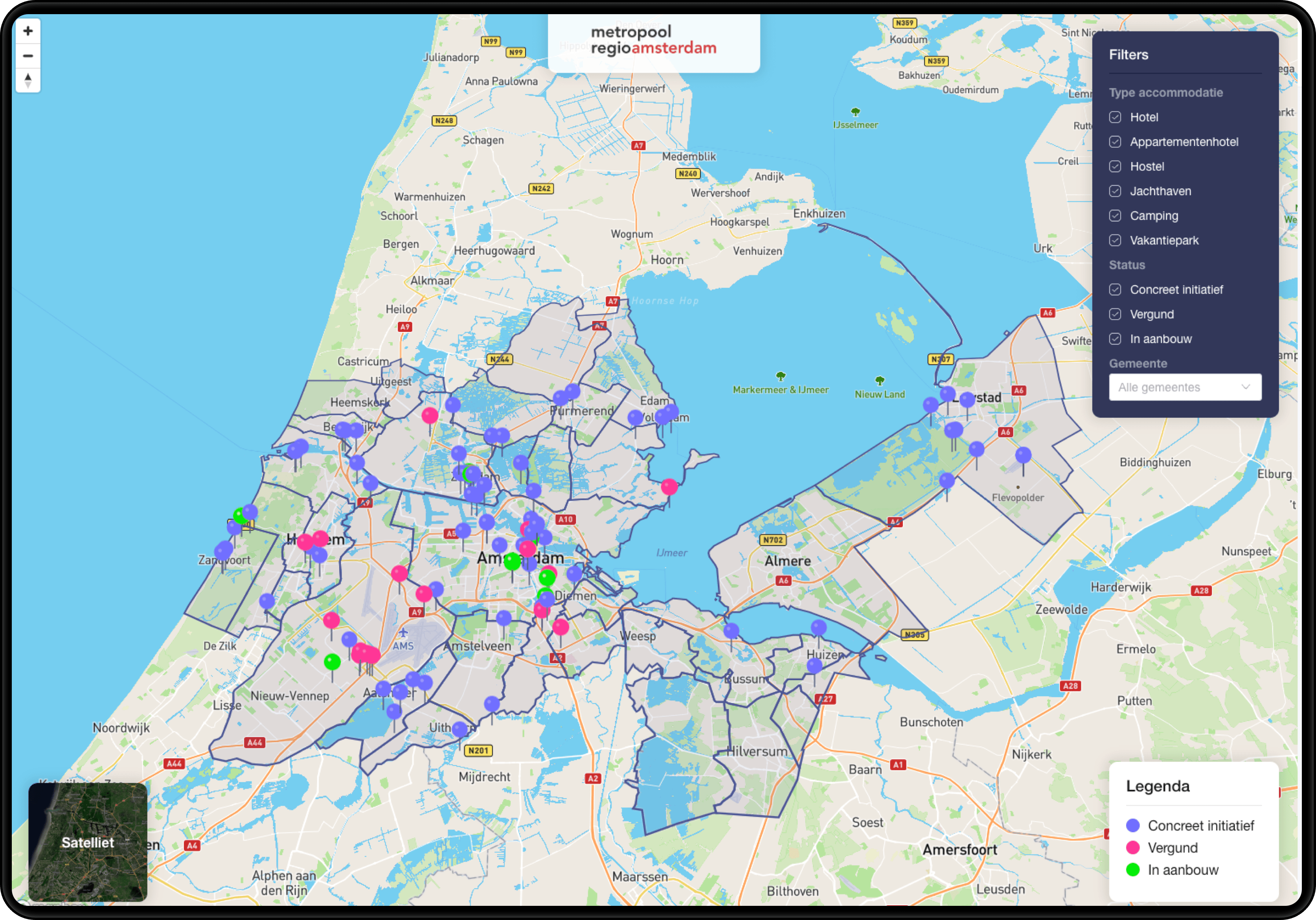
In het digitale nachtregister van VisitorData worden de overnachtingsgegevens verwerkt van bestaande logiesaccommodaties. Het kan daarnaast interessant zijn voor gemeenten en regio’s om tevens inzicht te hebben in de planvoorraad.
Hiervoor is een aparte module ontwikkeld die gemeenten in staat stelt om actueel inzicht te krijgen in alle logiesontwikkelingen, inclusief locatie, type ontwikkeling, type logies, status, capaciteit en geplande jaar van opening.
Voorbeeld logiesontwikkelingen MRAwww.mramonitorverblijfsaccommodaties.nl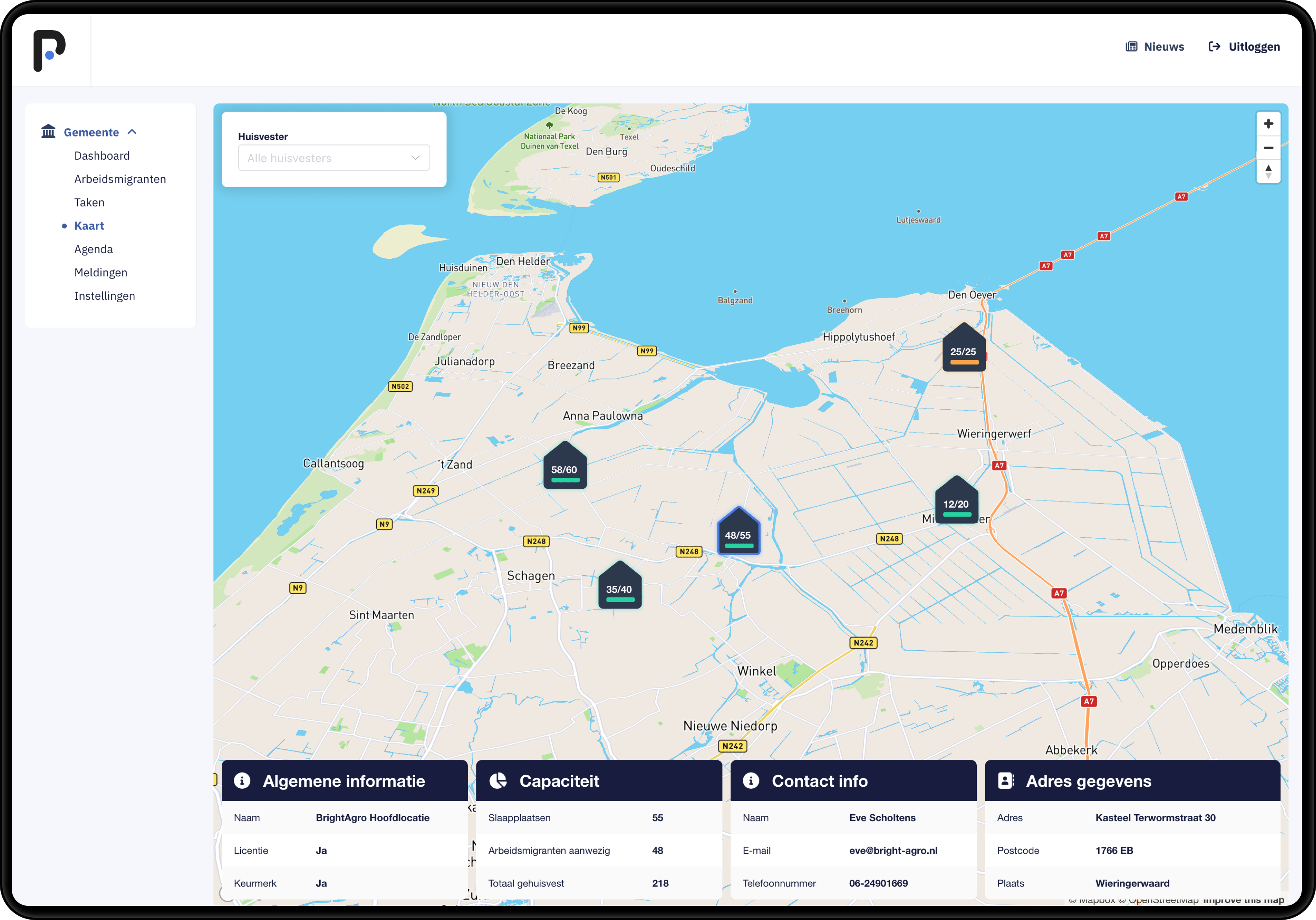
Gemeenten zien het digitale nachtregister soms ook als mogelijk instrument voor de registratie van arbeidsmigranten. Wij hebben dit vanuit doelbinding strikt gescheiden. Binnen VisitorData worden namelijk geen persoonsgegevens van verblijfsgasten verwerkt. Dit strookt ook niet met de doelbinding van beleid, onderzoek en statistiek.
Voor de registratie van arbeidsmigranten is het juist wel noodzakelijk om persoonsgegevens te verwerken, aangezien dit nodig is voor de uitvoering van de gemeentelijke BRP processen. Daarom is voor de registratie van arbeidsmigranten een apart platform opgezet, genaamd Platform Arbeidsmigranten.
Meer informatie Platform Arbeidsmigrantenwww.platform-arbeidsmigranten.nlIn het digitale nachtregister worden geen persoonsgegevens van verblijfsgasten verwerkt. Alleen niet-privacy gevoelige gegevens worden verzameld en verwerkt tot actuele inzichten. Er wordt dus per definitie voldaan aan de privacywetgeving: de Algemene verordening gegevensbescherming (AVG) dat in Europees verband bekend staat onder de naam General Data Protection Regulation (GDRP). Zie tevens onze Privacyverklaring.
Privacyverklaring DownloadAangesloten bedrijfsmatige logiesverstrekkers ontvangen een vertrouwelijke inlog voor toegang tot de portal met de inzichten. Daarmee hebben alleen zij inzicht in de prestaties van hun eigen accommodatie(s) en kunnen zij die vergelijken met de inzichten op het niveau van de gemeente en regio. Wij noemen dat city en regio benchmarking. Dergelijke inzichten zijn niet herleidbaar tot individuele accommodaties: de inzichten op het niveau van een gemeente of regio bevatten altijd de geaggregeerde gegevens van minimaal 5 accommodaties.
Op basis van de wet zijn logiesverstrekkers verplicht een nachtregister bij te houden en op verzoek gegevens daaruit te delen met de gemeente. Aanvullend op de landelijke wetgeving, kan een gemeente in de Algemene Plaatselijke Verordening (APV) of in beleid aanvullende verplichtingen opleggen; bijvoorbeeld welke gegevens van de gast nog meer moeten worden vastgelegd en op basis van welk model of (digitaal) registratiemiddel de gemeente de informatie vanuit het nachtregister wenst te verzamelen.
De wet stelt dat iedereen die tegen betaling logies verstrekt de volgende gegevens noteert van de hoofdboeker: naam, woonplaats, dag van aankomst en dag van vertrek, alsmede de aard van het reisdocument. Het bijhouden van woonland is een afgeleide van het feit dat woonplaats moet worden vastgelegd. Immers, een woonplaats kan in verschillende landen voorkomen. In aanvulling op de wet kan in een gemeentelijke APV aanvullende informatie worden verlangd, bijvoorbeeld: nationaliteit, gehele adres, geboortedatum.
Ja, op grond van de wet (mogelijk uitgebreid bij APV of gemeentelijk beleid) zijn logiesverstrekkers verplicht een nachtregister bij te houden, daarin specifieke gegevens vast te leggen en deze op verzoek te delen met de gemeente. De gemeente kan te allen tijde verzoeken om inzage in het nachtregister en kan bij APV of in beleid regelen dat voor de registratie en/of aanlevering van gegevens gebruik gemaakt moet worden van een door de gemeente vastgesteld model of (digitaal) registratiemiddel.
We hebben een gedreven team dat over veel technische en juridische kennis beschikt. We mogen ons inmiddels specialist noemen in alles wat met nachtregistratie te maken heeft. Met ons platform voorzien we steeds meer gemeenten, regio’s, DMO’s en logiesverstrekkers van waardevolle en nuttige inzichten. Door onze samenwerking met brancheverenigingen en kennisinstellingen kunnen we de functionaliteit en waarde van ons platform steeds verder uitbreiden en verstevigen. Graag vertellen we u persoonlijk meer over ons platform. U bent van harte uitgenodigd op ons kantoor en we zijn altijd in voor een kennismakingsgesprek via Teams.
VisitorData is in 2017 opgericht en is inmiddels uitgegroeid tot marktleider in Nederland op het gebied van verwerking van toeristische overnachtingsgegevens. Wij zijn actief in meer dan 50 gemeenten en werken hard aan uitbreiden van onze dekkingsgraad zodat we door kunnen groeien tot een nationaal platform. We streven er daarbij naar om het logiesverstrekkers en gemeenten zo makkelijk mogelijk te maken. Vandaar dat wij werken op basis van ontzorging en processen daar waar mogelijk automatiseren. Dat scheelt niet alleen tijd, maar zorgt ook voor actuelere en meer betrouwbare inzichten. Dat draagt bij aan beter beleid en effectievere marketing en promotie, waar alle betrokkenen baat bij hebben.
Wij zijn trots op het VisitorData platform en vertellen daar graag meer over. Bent u geïnteresseerd of wilt u een vrijblijvend gesprek voor meer informatie? Twijfel niet en neem contact met ons op.